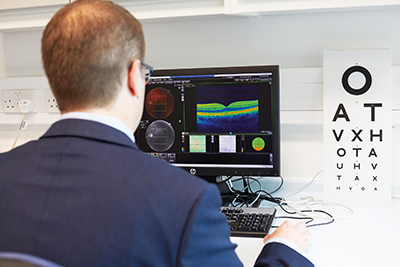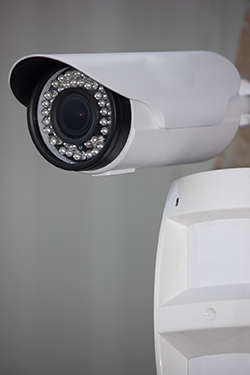 The government has confirmed it will close a legal loophole which has allowed drivers to escape prosecution for hand-held mobile phone use while behind the wheel.
The government has confirmed it will close a legal loophole which has allowed drivers to escape prosecution for hand-held mobile phone use while behind the wheel.
At present, the law prevents drivers from using a hand-held mobile phone to call or text.
However, people caught filming or taking photos while driving have escaped punishment as lawyers have successfully argued that the activity does not fit into the ‘interactive communication’ currently outlawed by the legislation.
Transport Secretary Grant Shapps has announced that he will urgently take forward a review to tighten up the existing law. The revised legislation will mean any driver caught texting, taking photos, browsing the internet or scrolling through a playlist while behind the wheel will be prosecuted for using a hand-held mobile phone while driving.
Mr Shapps said: “We recognise that staying in touch with the world while travelling is an essential part of modern day life, but we are also committed to making our roads safe. Drivers who use a hand-held mobile phone are hindering their ability to spot hazards and react in time – putting people’s lives at risk.



 An artificial intelligence (AI) system that can recommend the correct referral decision for over 50 eye diseases as accurately as world-leading experts has been developed by researchers at Moorfields Eye Hospital NHS Foundation Trust. The research project was carried out in collaboration with DeepMind Health and University College London (UCL) Institute of Ophthalmology.
An artificial intelligence (AI) system that can recommend the correct referral decision for over 50 eye diseases as accurately as world-leading experts has been developed by researchers at Moorfields Eye Hospital NHS Foundation Trust. The research project was carried out in collaboration with DeepMind Health and University College London (UCL) Institute of Ophthalmology. In the last issue of Your Expert Witness we reported on the setting up of websites by police to allow witnesses to upload pictures and videos of the terrorist attacks in Manchester and London. The actions demonstrate the embracing by police of people’s digital lives and the increasing importance of technology in evidence gathering.
In the last issue of Your Expert Witness we reported on the setting up of websites by police to allow witnesses to upload pictures and videos of the terrorist attacks in Manchester and London. The actions demonstrate the embracing by police of people’s digital lives and the increasing importance of technology in evidence gathering. The Surveillance Camera Commissioner has published a Buyer’s Toolkit, to provide guidance for the non-expert who is thinking about buying a surveillance camera system and wants to maximise their chance of success – and minimise risk – by observing the principles of good practice.
The Surveillance Camera Commissioner has published a Buyer’s Toolkit, to provide guidance for the non-expert who is thinking about buying a surveillance camera system and wants to maximise their chance of success – and minimise risk – by observing the principles of good practice. CybSafe, the GCHQ-accredited cyber security training platform, today announces a partnership with the Law Society, the professional body for solicitors, placing cyber security training at the heart of the Law Society’s information security marketplace. As one of just five certified partners of the Law Society, CybSafe will help to inform the Law Society’s future cyber security training for its members.
CybSafe, the GCHQ-accredited cyber security training platform, today announces a partnership with the Law Society, the professional body for solicitors, placing cyber security training at the heart of the Law Society’s information security marketplace. As one of just five certified partners of the Law Society, CybSafe will help to inform the Law Society’s future cyber security training for its members.